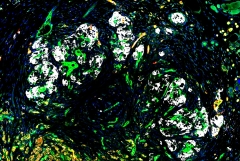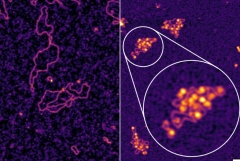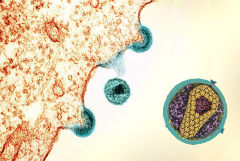Adding engineered human blood vessel-forming cells to islet transplants boosted the survival of the insulin-producing cells and reversed diabetes in a preclinical study led by Weill Cornell Medicine investigators. The new approach, which requires further development and testing, could someday enable the much wider use of islet transplants to cure diabetes.
Islets, found in the pancreas, are clusters of insulin-secreting and other cells enmeshed in tiny, specialized blood vessels. The insulin cells are killed by an autoimmune process in type 1 diabetes, which affects roughly nine million people worldwide. Although islet transplantation is a promising approach for treating such cases, the only FDA-approved method to date has significant limitations.
In a study published Jan. 29 in Science Advances, the researchers showed that special blood vessel-forming cells they developed, called “reprogrammed vascular endothelial cells” (R-VECs), can overcome some of these limitations by providing strong support for islets, allowing them to survive and reverse diabetes long-term when transplanted under the skin of mice.







